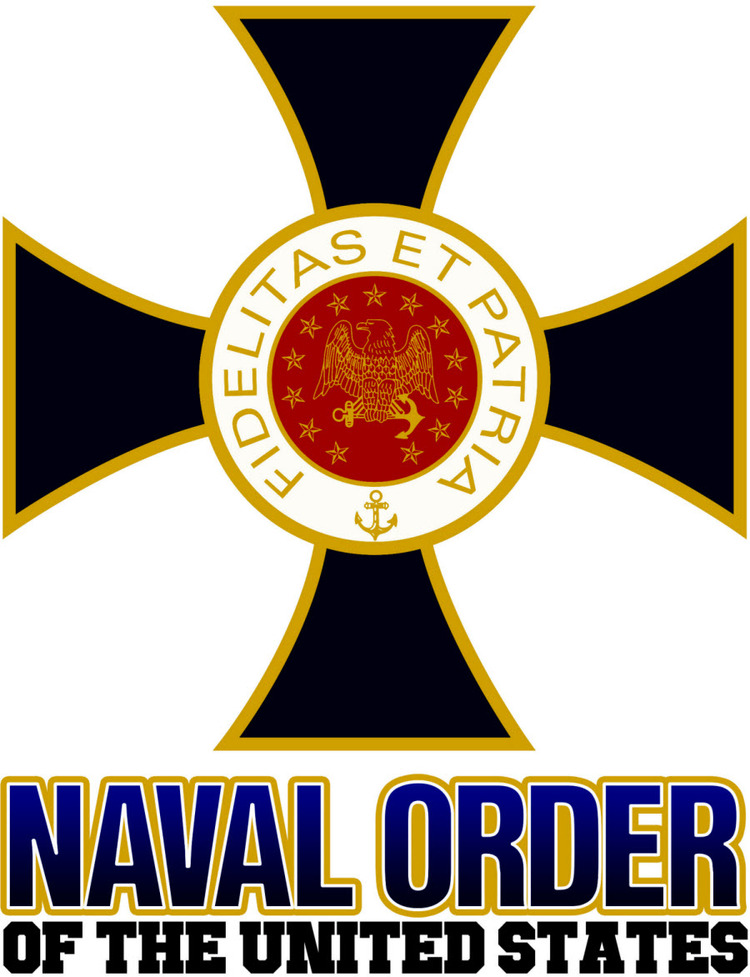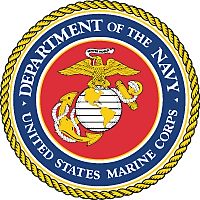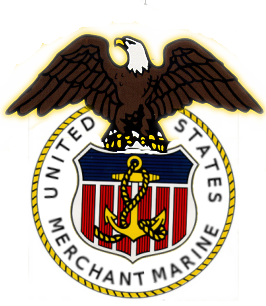Iron Dawn: The Monitor, the Merrimack, and the Civil War Sea Battle that Changed History
by Richard Snow
Richard Snow was honored by the Naval Order of the United States as the recipient of 2017's prestigious RADM Samuel Eliot Morison Award for Naval Literature.
Synopsis
From acclaimed popular historian Richard Snow, who “writes with verve and a keen eye” (The New York Times Book Review), the thrilling story of the naval battle that not only changed the Civil War but the future of all sea power.
No single sea battle has had more far-reaching consequences than the one fought in the harbor at Hampton Roads, Virginia, in March 1862. The Confederacy, with no fleet of its own, built an iron fort containing ten heavy guns on the hull of a captured Union frigate named the Merrimack. The North got word of the project when it was already well along, and, in desperation, commissioned an eccentric inventor named John Ericsson to build the Monitor, an entirely revolutionary iron warship—at the time, the single most complicated machine ever made. Abraham Lincoln himself was closely involved with the ship’s design. Rushed through to completion in just 100 days, it mounted only two guns, but they were housed in a shot-proof revolving turret. The ship hurried south from Brooklyn (and nearly sank twice on the voyage), only to arrive to find the Merrimack had arrived blazing that morning, destroyed half the Union fleet, and would be back to finish the job the next day. When she returned, the Monitor was there. She fought the Merrimack to a standstill, and saved the Union cause. As soon as word of the battle spread, Great Britain—the foremost sea power of the day—ceased work on all wooden ships. A thousand-year-old tradition ended, and the path to the naval future opened.
Richly illustrated with photos, maps, and engravings, Iron Dawn is the irresistible story of these incredible, intimidating war machines. Historian Richard Snow brings to vivid life the tensions of the time, explaining how wooden and ironclad ships worked, maneuvered, battled, and sank. This full account of the Merrimack and Monitor has never been told in such immediate, compelling detail.
Author
Richard Snow
Snow has also consulted for historical motion pictures—among them Glory—and documentaries, including the Burns brothers’ The Civil War and Ken Burns’s World War II documentary. He revisited Coney one more time to work with Ric Burns on the PBS American Experience feature Coney Island, whose screenplay he wrote. When American Heritage was sold in 2007, Snow began work on A Measureless Peril, a book about America’s part in the bitter, years-long struggle for the North Atlantic in World War II. It was published by Scribner in 2011; I Invented the Modern Age, which he completed with the generous help of the John Simon Guggenheim Memorial Foundation, followed three years later.
Richard Snow was born in New York City in 1947, raised in Westchester County, and returned to Manhattan to go to Columbia College, where he studied English and history, thereby inadvertently preparing himself for how he’d spend the rest of his life.
After he graduated from high school, he got a summer job as a mail boy at the American Heritage Publishing Company. He didn’t damage any mail, and so was asked back during succeeding summers, and given a staff job on the firm’s history magazine, American Heritage, upon graduating from college in 1970.
He worked there for the next 37 years, spending seventeen of them as editor-in-chief.
During that time, he wrote several books, among them:
The Funny Place (J. Philip O’Hara): A narrative poem about Coney Island, about which the poet John Ashbery said, “An accomplished craftsman, Snow has revived “blank verse”—of a sort—as the appropriate medium for his tale; it moves forward on the waltz rhythms of carrousel organs as heard in intervals between the surf and the din of the boardwalk. Snow’s music is “light classical,” his strokes are broad and his colors the jubilant pastel ones of a poster announcing the imminent arrival of an astounding phenomenon. But there is something tragic here too: the power that snapshots of forgotten afternoons have to force the reader suddenly to confront the present with the past, life with death.”
Freelon Starbird (Houghton Mifflin): A novel set during the first year of the American Revolution, a New York Times notable book of the year for 1976.
The Burning (Doubleday): Another historical novel, this one about the devastating forest fire that destroyed the town of Hinckley, Minnesota, in the late summer of 1893. David McCullough said of it: “The Burning is a taut and thrilling tale wonderfully told by a writer who knows what he is doing. In its feeling for time and place, for the vernacular of the past, in every small detail, it rings exactly true and entirely American and yet, like the work of Thornton Wilder, its themes are universal—our inevitable preoccupation with things of the moment, the courage to be found in seemingly ordinary people...”
The Iron Road: A Portrait of American Railroading (Four Winds): A concise—or, at least, short—history of the great age of steam on our continent, illustrated by David Plowden’s somber and magnificent photographs documenting its passing.
Coney Island: A Postcard Visit to the City of Fire (Brightwaters): Coney again—a lifelong obsession—this time visited through postcards published during the great amusement resort’s turn-of-the-century zenith.
Reviews for Iron Dawn: The Monitor, the Merrimack, and the Civil War Sea Battle that Changed History
“With muscular vitality, vast knowledge of military technology, and a novelist's gift for capturing vivid detail, Richard Snow retells the story of Civil War ironclads as if it is unfolding before our startled eyes for the first time. The Monitor and Merrimack have never seemed more modern, dangerous, or revolutionary as they reappear in the hands of this master storyteller.”
—Harold Holzer, author of Lincoln and the Power of the Press: The War for Public Opinion and winner of the 2015 Gilder Lehrman Lincoln Prize“A masterful tale of the great Civil War ironclads, those strange, seemingly supernatural ships. One, Richard Snow tells us, looked like a rhinoceros, the other like a 'metal pie plate.' Their story—and that of the misunderstandings and maneuverings that preceded the Battle of Hampton Roads—is irresistible, nowhere more so than in this crackling, supremely poised account.”
—Stacy Schiff, Pulitzer Prize-winning author of The Witches, Cleopatra: A Life, and A Great Improvisation: Franklin, France, and the Birth of America"Everybody knows about the Monitor and the Merrimack, right? Well, actually, as it turns out, we don't. In Iron Dawn, Richard Snow opens up the vast, enthralling world of politics, war, technology, maritime history, and human drama that lies just back of that momentous battle. Snow is a terrific writer. I can't remember when I have had such sheer fun with a Civil War book.
—S.C. Gwynne, New York Times bestselling author of Rebel Yell and Empire of the Summer Moon"Snow's energetic account encompasses issues large and small, including discussions of arms and armament; the origin of the word 'splinter'; the battle's inconclusive end; a Southern joke of the day ('Iron-plated?' 'Sir, our navy is barely contemplated'); Lincoln's special interest in the Union's ironclad; the difference between shells and solid shot, the 'mystery' of the Merrimack's name; and the enthusiastic Monitor fever that swept the relieved, almost giddy North. A few notable naval battles changed the course of wars, even history, but the clash at Hampton Roads transformed the nature of warfare itself and offered a glimpse of the 'grim modernity' Snow vividly captures."—Kirkus Reviews"Achieves appealing immediacy....A thorough and enthusiastic treatment, Snow’s account will capture the naval-history and Civil War readership."—Booklist
Ordering info: Amazon
-- submitted by William H Schmidt








